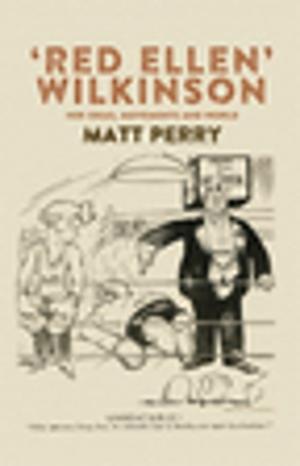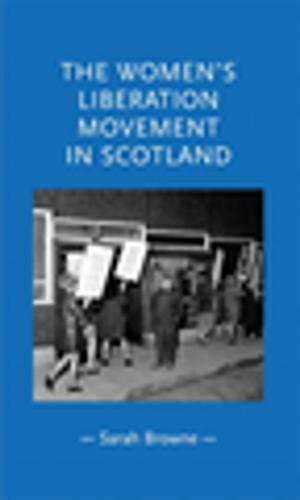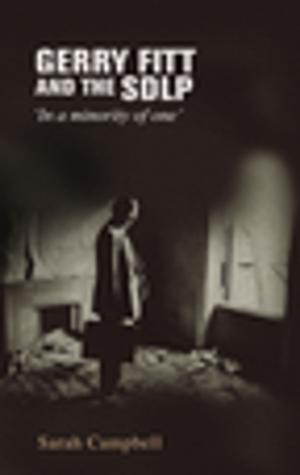The experience of occupation in the Nord, 1914–18
Living with the enemy in First World War France
Nonfiction, History, Military, World War I, European General| Author: | James E. Connolly | ISBN: | 9781526117823 |
| Publisher: | Manchester University Press | Publication: | July 1, 2018 |
| Imprint: | Manchester University Press | Language: | English |
| Author: | James E. Connolly |
| ISBN: | 9781526117823 |
| Publisher: | Manchester University Press |
| Publication: | July 1, 2018 |
| Imprint: | Manchester University Press |
| Language: | English |
This book is available as an open access ebook under a CC-BY-NC-ND licence.
Much of the French department of the Nord was occupied during the First World War. This book considers the ways in which occupied locals responded to and understood their situation, focusing on key behaviours adopted by locals and the beliefs surrounding such conduct. Key topics examined include forms of complicity, disunity, criminality, resistance, and the memory of the occupation. This local case study calls into question overly-patriotic readings of this experience, and suggests a new conceptual vocabulary to help understand certain civilian behaviours under military occupation. Drawing on extensive primary documentation, this book proposes that a dominant ‘occupied culture’ existed among locals: a moral-patriotic framework, born of both pre-war socio-cultural norms and daily interaction with the enemy, that guided conduct and was especially concerned with what was considered acceptable and unacceptable behaviour.
This book is available as an open access ebook under a CC-BY-NC-ND licence.
Much of the French department of the Nord was occupied during the First World War. This book considers the ways in which occupied locals responded to and understood their situation, focusing on key behaviours adopted by locals and the beliefs surrounding such conduct. Key topics examined include forms of complicity, disunity, criminality, resistance, and the memory of the occupation. This local case study calls into question overly-patriotic readings of this experience, and suggests a new conceptual vocabulary to help understand certain civilian behaviours under military occupation. Drawing on extensive primary documentation, this book proposes that a dominant ‘occupied culture’ existed among locals: a moral-patriotic framework, born of both pre-war socio-cultural norms and daily interaction with the enemy, that guided conduct and was especially concerned with what was considered acceptable and unacceptable behaviour.















